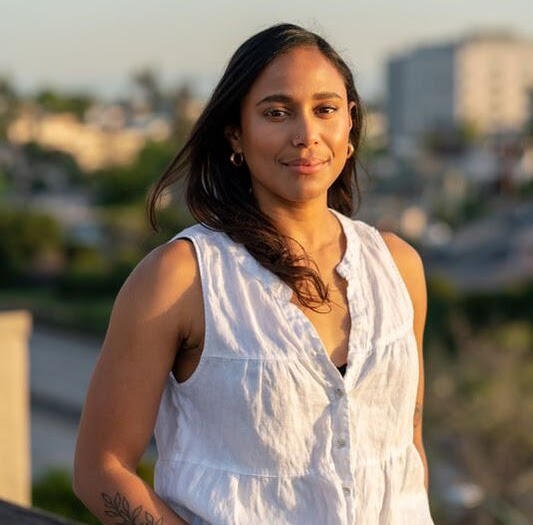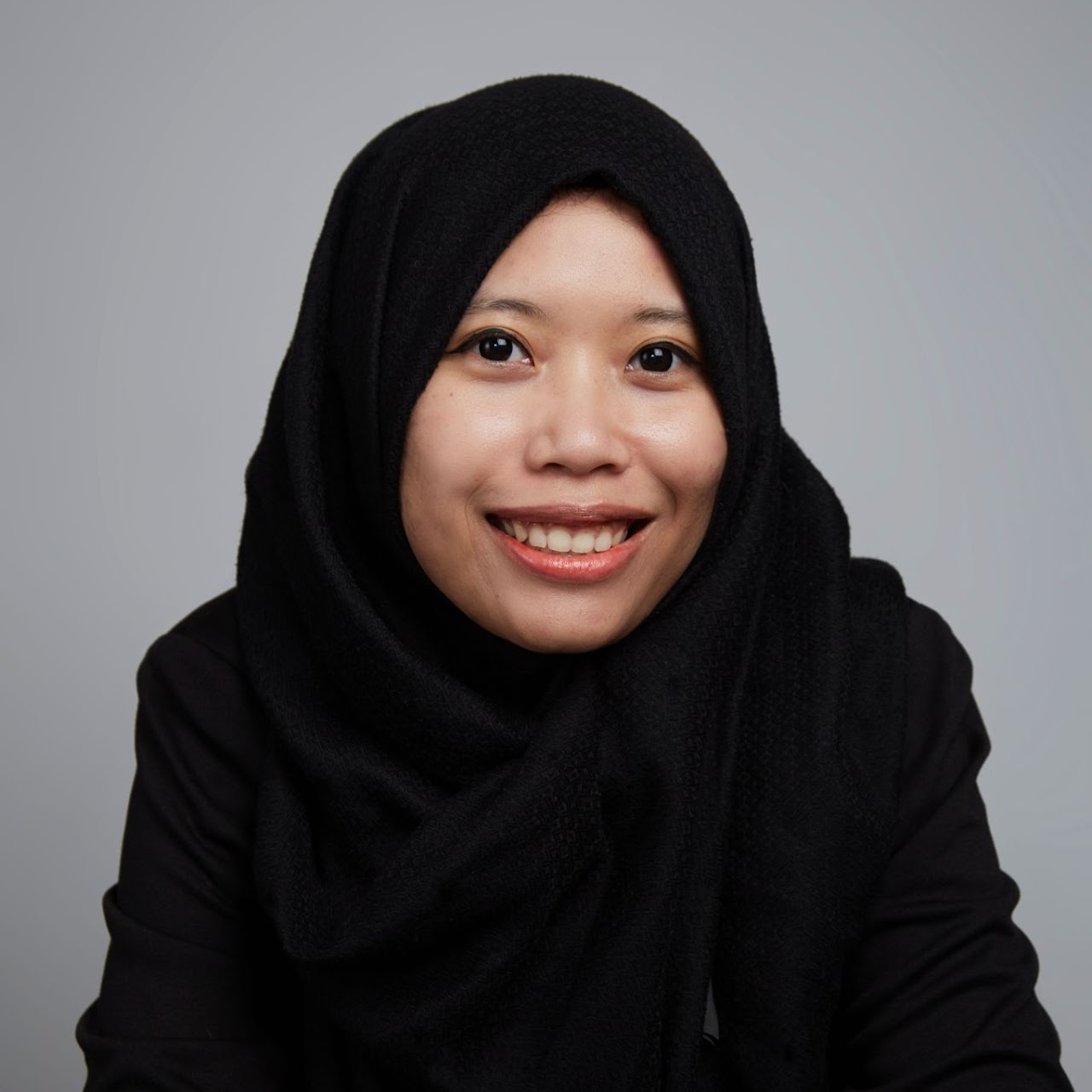Important Dates
Submission Deadline
30 April 2023
Acceptance Notifications
14 May 2023
Workshop Dates
26-27 June 2023 (Hybrid)
About the Workshop
Pratyusha Kalluri of the Radical AI Network has proposed that asking whether AI is good or fair is not the right question for understanding the impacts of AI [1]. We have to look at power. More specifically, we have to look at how AI impacts power relationships that preserve inequality within our society in very real and material terms, for example, through the vehicle of industrialised racial capitalism.
One can consider the meta-ethical question of goodness or badness in many different ways, but the project of "ethical AI" often becomes conflated with specific ideas of morality, shifting the conversation toward the cultural arena. We can see evidence of this through the abstraction of ethics in research (e.g. lacking specific consideration of specific harms), based primarily on White, Western notions of harm, focusing on "single issue" conversations of equity (rather than global and historical power asymmetries) and mitigated through mathematical means [2].
Having a frank discussion, with multiple, diverse stakeholders, in which money, power and influence are part of the discussion of potential harm and benefit of AI is one of the aims of this workshop.
To be able to consider the broader, world-systems thinking around harm and benefit, in the short-, medium- and long-term, we propose a frame of Ecology of Artificial Intelligence. This approach will allow us to consider the impact of AI technology on organisms, populations, communities, ecosystems and the biosphere (good and bad, and everything in between). More specifically, in this workshop, we will discuss the subject of Critical Ecology with expert Dr. Suzanne Pierre (Tentative), founder of the Critical Ecology Lab, and map out some of the considerations and reflections that are necessary for using the frame of ecology to consider the broader impacts of AI.
[1] Kalluri P. Don't ask if artificial intelligence is good or fair, ask how it shifts power. Nature. 7 July 2020.
[2] Birhane A, Ruane E, Laurent T, S. Brown M, Flowers J, Ventresque A, L. Dancy C. The forgotten margins of AI ethics. In2022 ACM Conference on Fairness, Accountability, and Transparency, 2022 Jun
Keynote Speaker

Suzanne Pierre
Suzanne Pierre is an ecosystems ecologist and biogeochemist focused on plant-microbe interactions, founder and lead investigator in the Critical Ecology Lab, National Geographic Explorer, and writer exploring the ways ecology reflects, explains, and contains societal freedom and oppression.
Workshop Outcome
Three key outcomes are expected from this workshop. First, community building and networking among key researchers in the area of critical ecology, decolonial AI, and Fair, Accountable, Transparent and Ethical AI.
Second, we would like to produce an initial reflection guideline for AI researchers that promotes a wider understanding of the potential consequences of their work, on multiple levels, projected over time, and based on historical socio-political circumstances. This reflection guideline will be supported by scholars in critical ecology, decolonial AI, and Fair, Accountable, Transparent and Ethical AI.
Third, our further aim is to collaborate on the development of this approach and the methodologies that can support it.

Organisers

Retno Larasati
Research Associate
Knowledge Media Institute
The Open University

Venetia Brown
Research Associate
Knowledge Media Institute
The Open University

Tracie Farrell
Research Fellow
(UKRI Future Leaders Fellowship Round 6)
Knowledge Media Institute
The Open University
Program Committee Members
- Soraya Kouadri Mostéfaoui, School of Computing and Communications, Open University UK
- Syed Mustafa Ali, School of Computing and Communications, Open University UK
- Pinelopi Troullinou, Trilateral Research Ethical AI
Contact: retno.larasati[at]open.ac.uk
